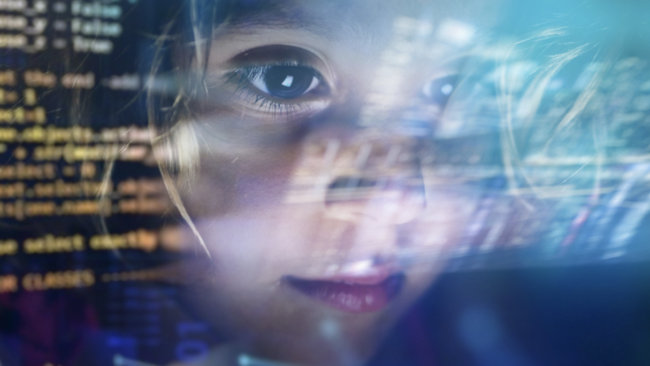As artificial intelligence (AI) tools are developing and advancing by the day, educational environments are responding to the inevitable changes for what learning will look like. In the 2023-2024 Family and Student Handbook, Fieldston has recognized the power AI generators have on our society; instead of completely banning them from student use, Fieldston plans on situationally deciding whether AI use is acceptable and to what degree.
Charlotte Selous, the Ethics and Technology Lead, is working individually with all the departments to develop specific acceptable AI use policies. Selous states that each department needs to ask themselves, “What new skills do we need to build for students so that they can all function at their best in a world where Chat GPT and other AI functioning tools exist?” She recognizes that this may vary by assignment, subject and grade. However, she is aware of the importance of skill building that AI tools sometimes deprive the user of.
While last year, an AI policy did not exist in the Student Handbook, AI use was still prevalent in the Fieldston community. “The biggest most visible way that AI use has been seen is with academic integrity issues.” Selous is conscious of the issues at hand and is taking active steps to address them starting with the faculty. She thinks one of the necessary first steps is teaching students how to effectively and honestly use AI, and when to recognize when AI is actually holding one back. She notes that the “biggest concern from an educational context is making sure that we are still building students who are still able to use their own foundational knowledge without having to take shortcuts through AI use.”
Nevertheless, Selous revealed that AI “unleashes a certain type of creativity”. This is why she is specifically working with the faculty to implement strategies to hone in on these possible creative adaptations. She says that there are many “opportunities for teachers to use it [AI] to build lessons, and cut down on busywork”.
At the same time, English teacher Hannah Oberman-Breindel points out that “We’re [teachers] still new to the game for what it is going to look like for student use.” Oberman-Breindel knows that AI generators can be a tool at times, however as an English teacher she also knows they can be a crutch. “More broadly it feels like a real crisis in terms of what we can all do to continue encouraging independent thought in writing,” she reflects.
The pace at which AI tools are growing and learning is utterly mind-boggling. However, that does not mean the educational world should shy away from it. From a student perspective, AI generators can be helpful for creating study guides, mock tests, directions for other sources, or even poems to perform at assembly.
Artificial intelligence at its core cannot be lumped into a category of ‘good’ or ‘bad’, because it is much more complex than that. AI will change how humanity functions in an educational setting, but also on a societal scale. Selous profoundly states, “the effects that it is going to have is going to be massive. Sometimes it will be exciting and sometimes it will be scary.” It can be people’s initial reaction to reject change, but change is not inherently bad; it is just initially scary. And if you look closely enough, AI even generated the title for this article.






